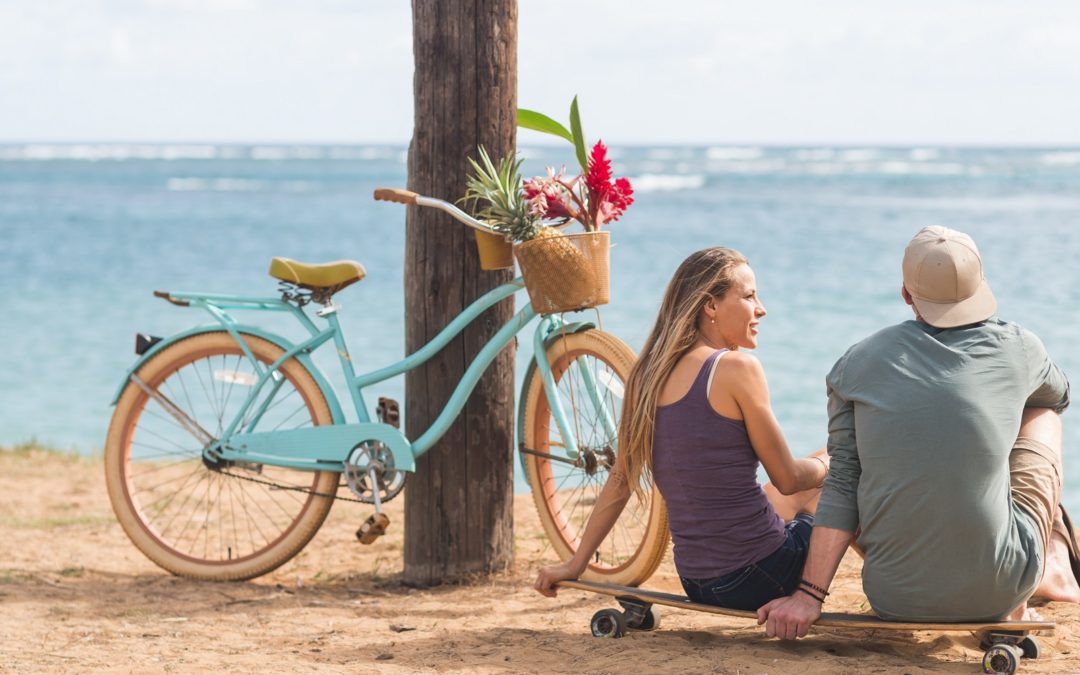If you think that beginning a relationship in early recovery will be a great success, here are a couple things you might want to consider.
It is a very rare person who comes into recovery without some experience of having a romantic relationship damaged or destroyed by their addiction. This might seem like a sweeping generalization, but the reality is that addiction makes most of us selfish and dishonest. And if there are two qualities guaranteed to destroy even the strongest romance, it’s selfishness and dishonesty.
In early sobriety, when every day seems to bring new awareness, it can be tempting to rush into a new relationship. You feel different—and in some ways you are different—so it’s easy to expect a sober romance will be unlike any of those you had before.
Not so fast.
Leaving aside the issue of sex and love addiction itself, the danger of a romance early in sobriety is that the intense roller coaster of emotions that come with falling in love can be very threatening to your recovery. An old sponsor of mine liked to say that “getting into a relationship is like pouring Miracle-Gro on your defects of character.” Even normies get giddy and insecure; even normies get jealous.
For addicts in early recovery, those uncomfortable emotions are magnified enormously. To go through the ups and downs of a new relationship is hard enough; to go through without being able to use your addiction to soothe your anxiety is a tall order indeed. You will hear stories of many addicts who relapsed in early sobriety when a relationship failed.
You may hear “no relationships for your first year of sobriety.” Please note that’s not an official rule of any recovery program. Many people do enter into successful relationships before they hit a year sober.
Two keys to successfully beginning a relationship in early recovery:
- Pick someone who is supportive of your program. Whether or not they are in recovery themselves, they should understand that your program comes first. If they nag you about how many meetings you go to, and undermine your sobriety goals, that’s a red flag! On the other hand, if they’re gently nudging you to get up to go to that Sunday morning meeting, you’ve found yourself a good one.
- Have a sponsor you can talk to about the relationship. Too often, people in relationships isolate themselves. It’s essential that at least one other person hear about what’s going on, and be in a position to give you honest feedback about what is or isn’t healthy.
Relationships can be risky, but they are such a great source of joy. With a little clear-headed caution, beginning a relationship in early recovery can work.

